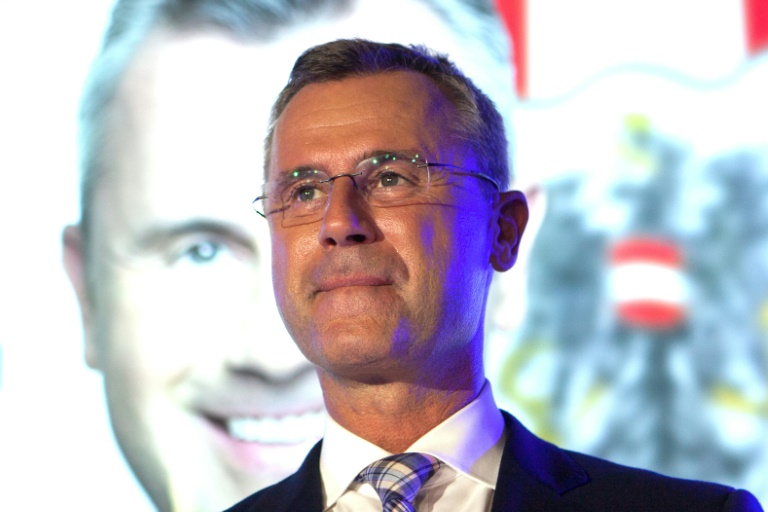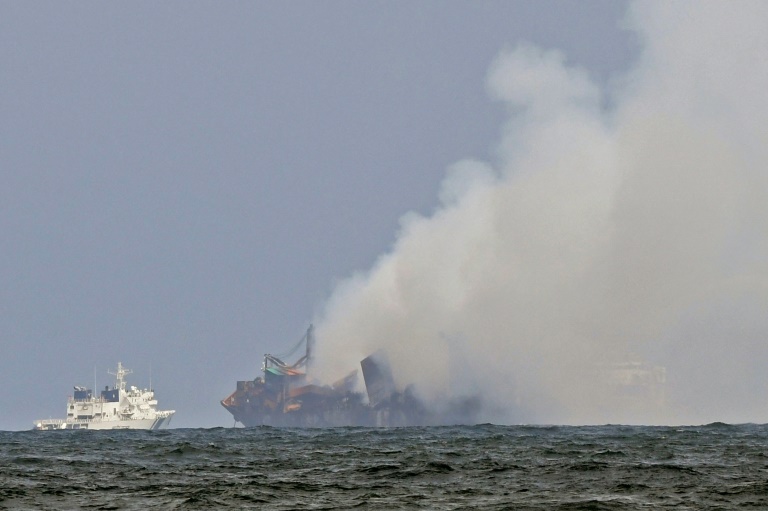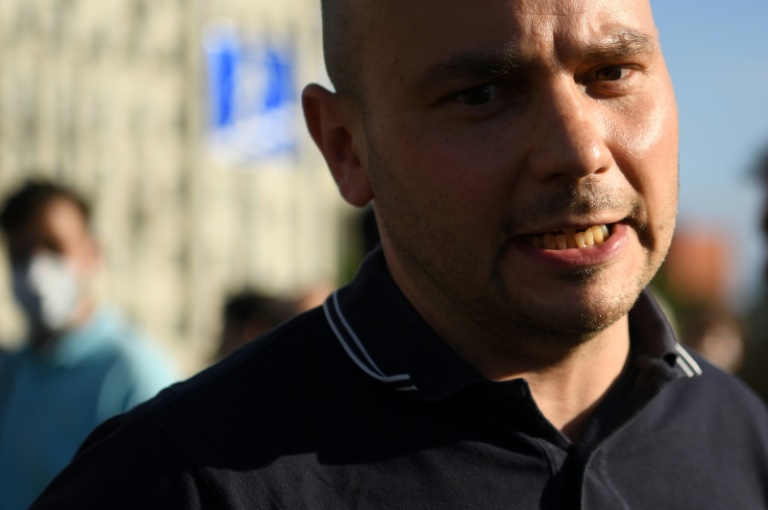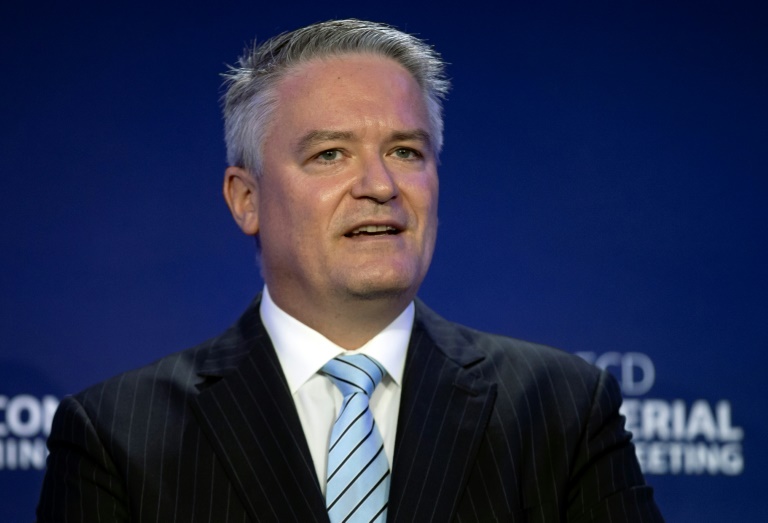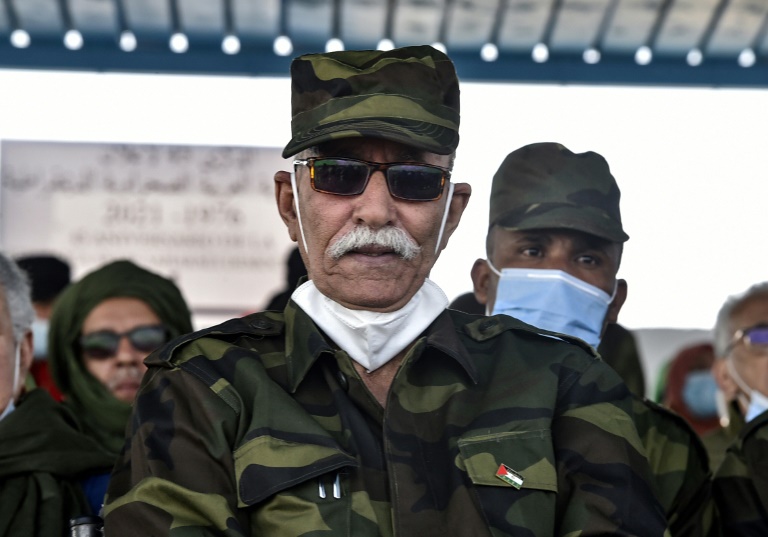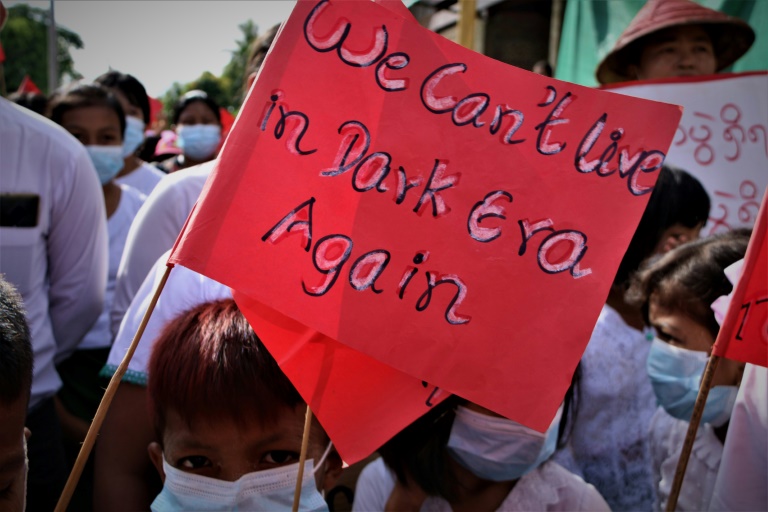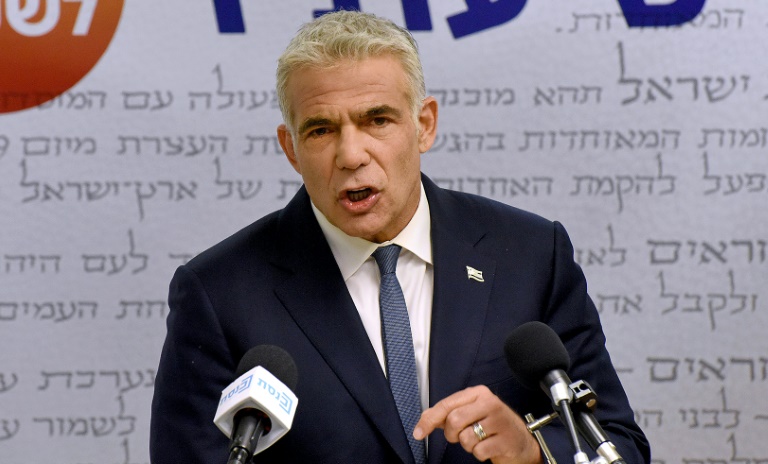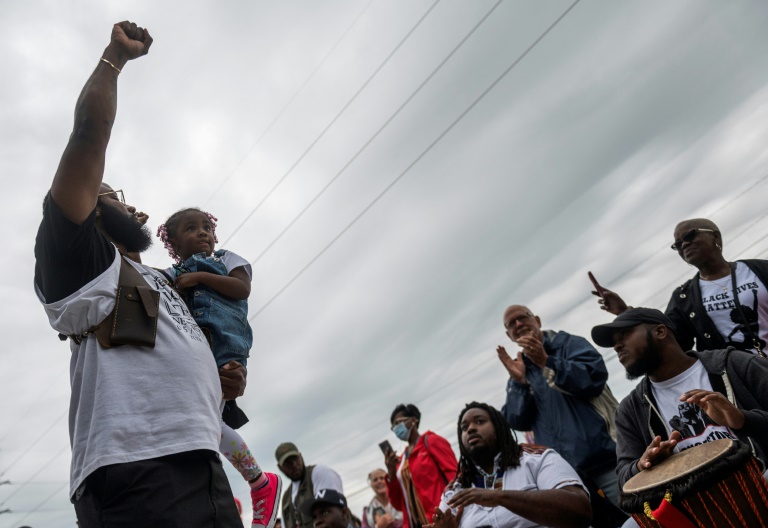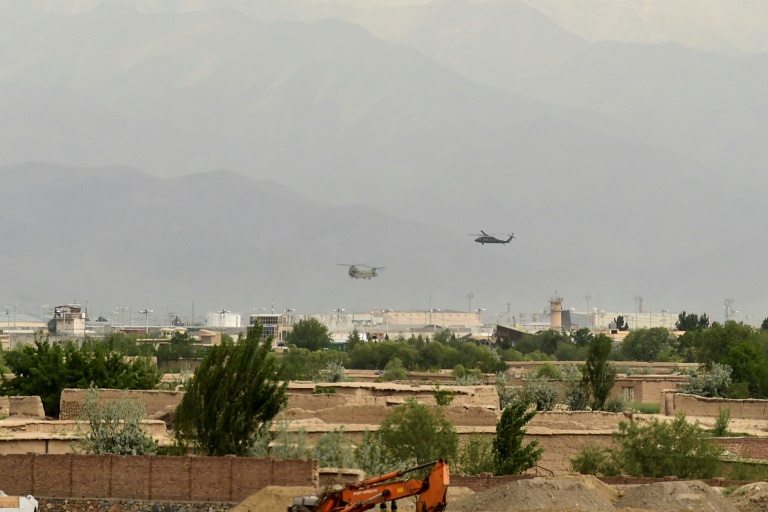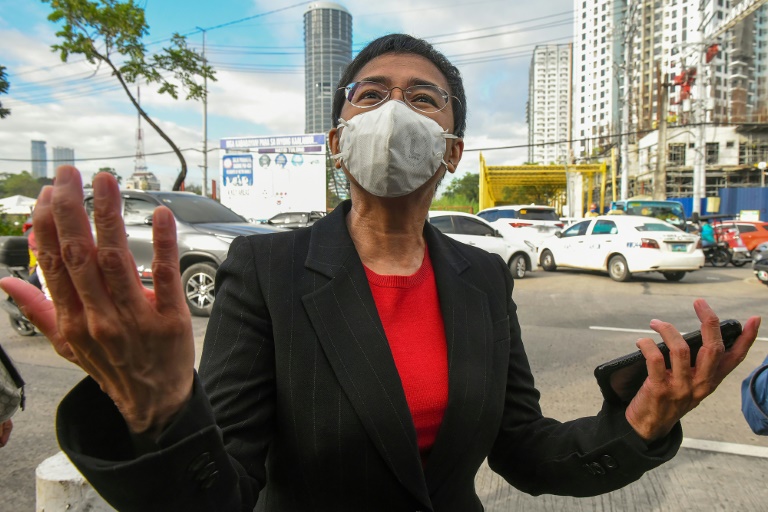Austria far-right party head resigns after infighting
Norbert Hofer, the leader of Austria’s far-right Freedom Party (FPOe), announced his resignation Tuesday after weeks of infighting and tension with party colleague and former Interior Minister Herbert Kickl.
“My own journey at the helm of the FPOe is ending today,” Hofer said in an FPOe press release but clarified that he will keep his position as one of the deputy presidents of parliament until the next general election, currently scheduled for 2024.
Hofer has a mild-mannered public image and was seen as representing a more moderate wing within the anti-migration FPOe, which has been known to use Islamophobic rhetoric and imagery.
Hofer had for months been at loggerheads with Kickl, the party’s longterm ideologue who has been behind some of the FPOe’s most trenchant campaigns.
Hofer has walked with a cane since a 2003 paraglider accident and announced his resignation following three weeks of treatment for his old injuries at a physical rehabilitation centre.
When the tabloid Oesterreich asked Hofer Tuesday if his resignation was also partially in response to differences of opinion with Kickl, he replied: “Yes, of course. I won’t be told every day that I am out of place.”
The two politicians had differing approaches to the coronavirus pandemic.
Hofer was notable in the FPOe caucus for wearing the FFP2 face mask required in parliament, while Kickl made a point of not doing so and made fiery addresses to anti-lockdown demonstrations.
In 2016 Hofer narrowly failed in his bid to become the first far-right president of an EU member state, losing to Alexander Van der Bellen by some 31,000 votes.
He took over as head of the party in 2019 when Heinz-Christian Strache, then Austria’s Vice Chancellor, was forced to resign after secretly recorded footage in a luxury villa in Ibiza showed him offering a woman posing as the niece of a Russian oligarch state contracts in exchange for campaign help for the FPOe.
The so-called “Ibiza-gate” scandal brought down the first coalition headed by Chancellor Sebastian Kurz, an alliance of his centre-right People’s Party (OeVP) and the FPOe.
“The time after Ibiza wasn’t easy,” Hofer said in his statement, adding that it had been “a difficult job to build the party back up again” after the coalition collapsed.
“In the last few months it has been possible to stabilise the party,” he said, pointing to improved recent performance in the polls where it has scored as high as 20 percent.
The party won just over 16 percent in the last national elections in 2019.

